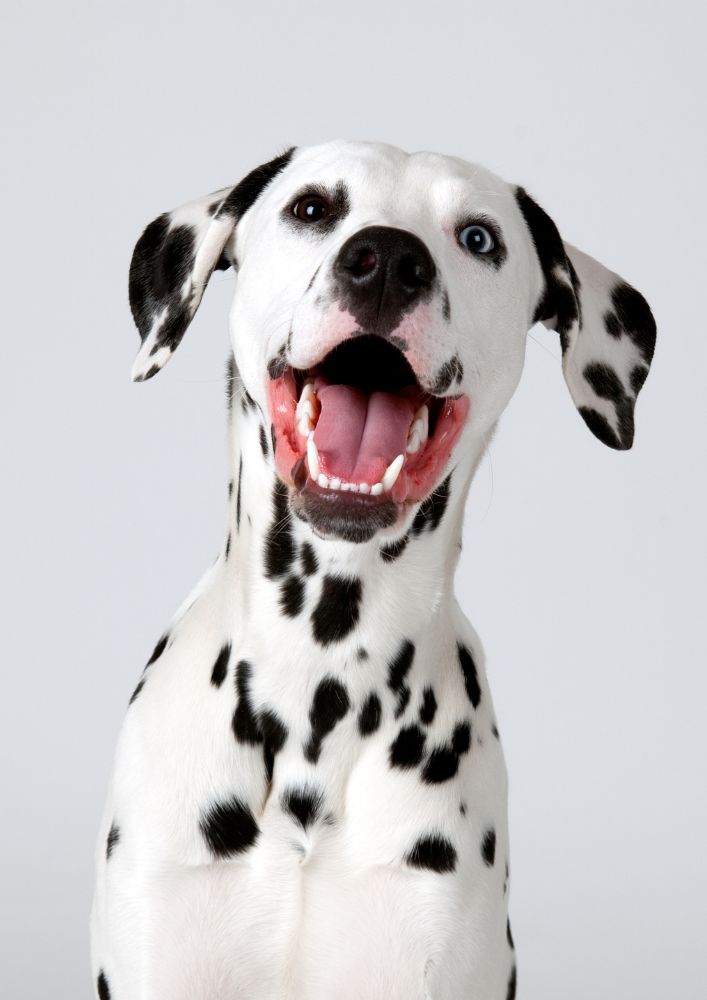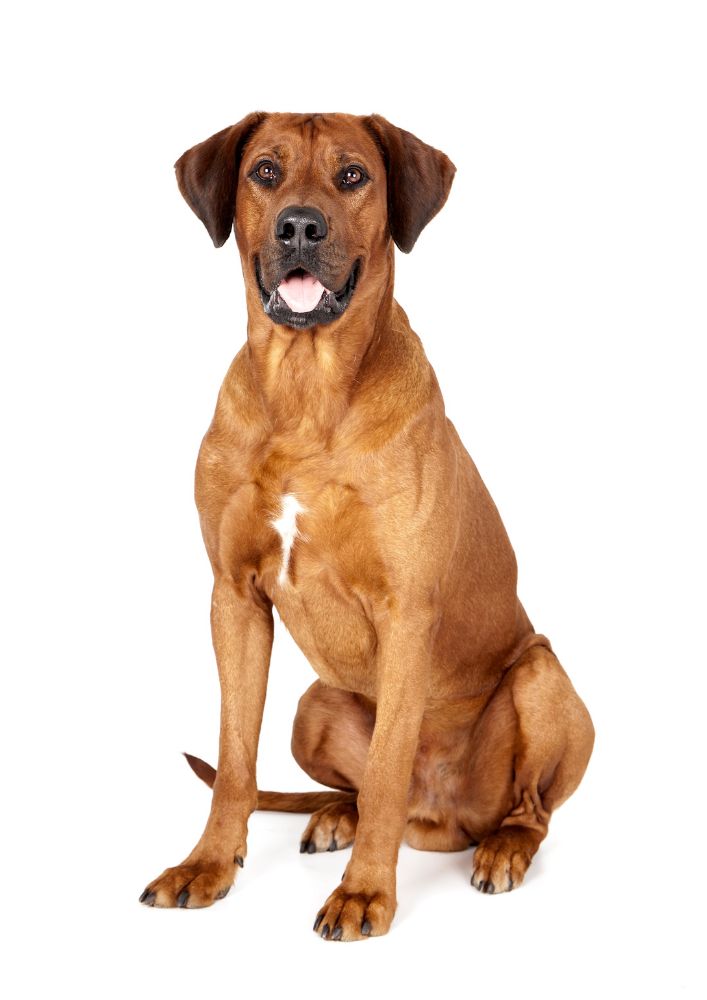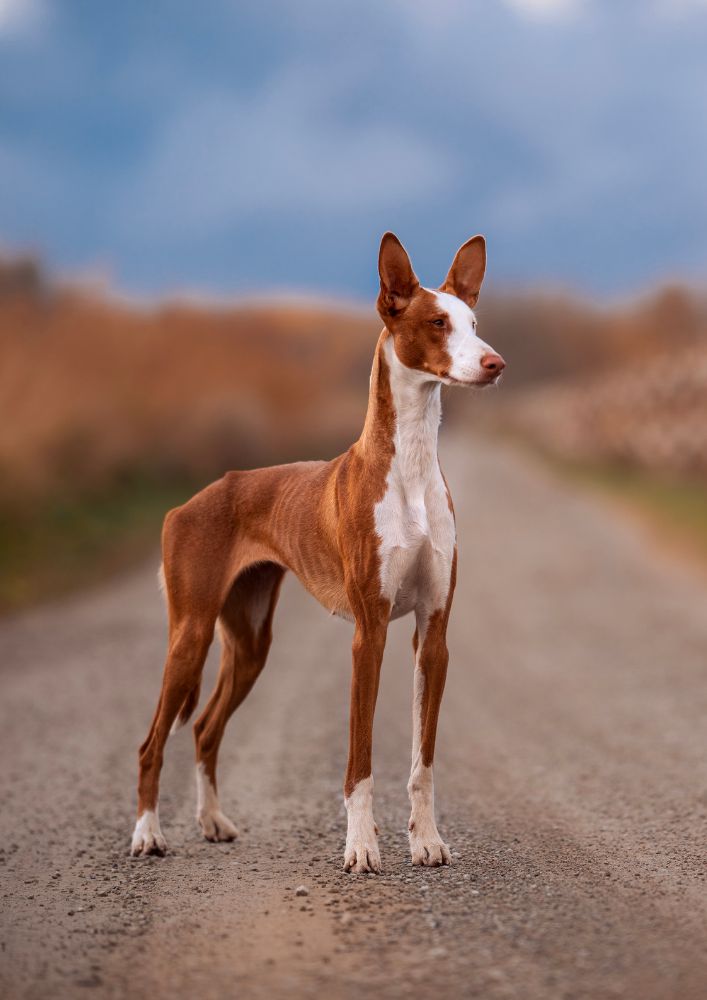Everything You Need to Know About the Dalmatian
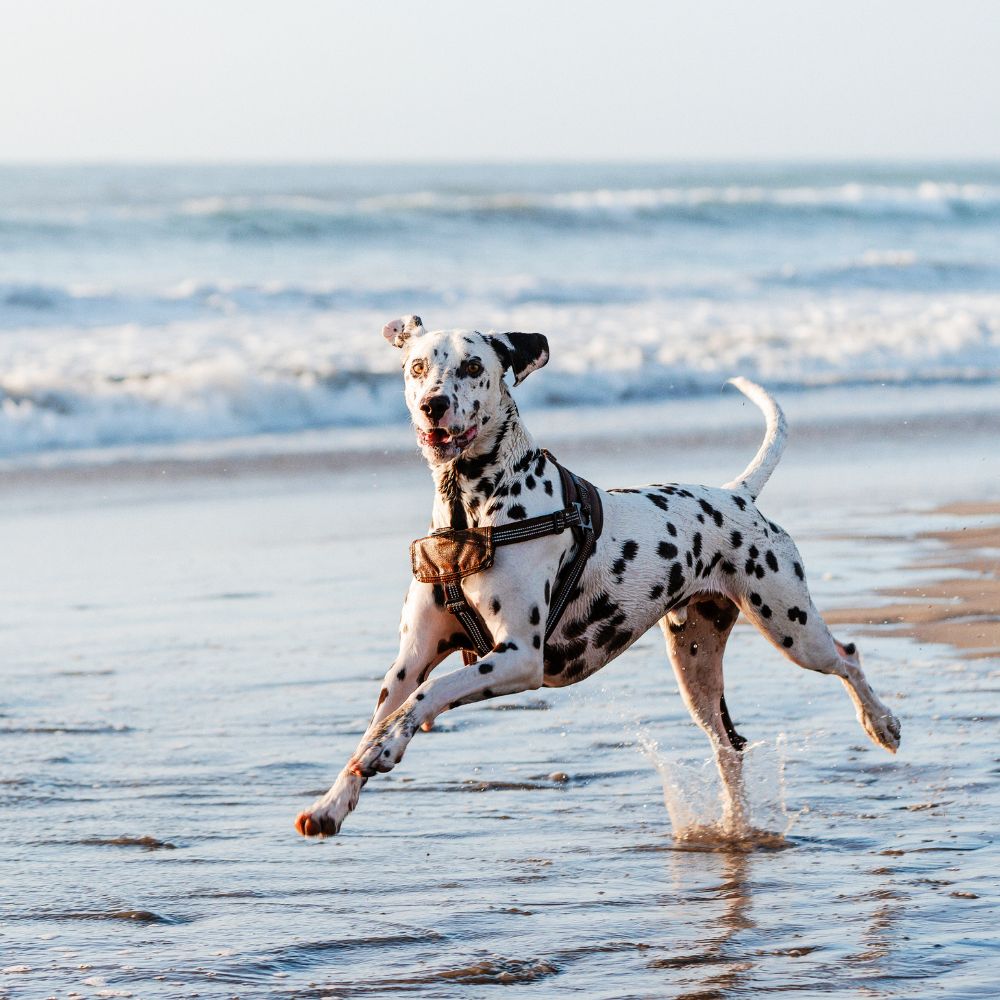
The Dalmatian is a distinctive and versatile breed known for its unique coat pattern of black or liver spots on a white background. Beyond their striking appearance, Dalmatians are energetic, intelligent, and affectionate dogs that excel in various roles, from companion pets to working dogs.
A Brief History
Dalmatians have a rich history that traces back to Croatia, where they were primarily bred as carriage dogs, trotting alongside horse-drawn carriages to guard them and provide companionship. They were valued for their stamina, agility, and alert nature, which made them excellent working dogs.
Over time, Dalmatians became popular as firehouse mascots and later as family pets due to their loyal and playful demeanor. They have also been used in roles such as circus performers, hunters, and therapy dogs, showcasing their adaptability and intelligence.
Appearance and Size
Dalmatians are medium-sized dogs with a sleek, muscular build. They have a short coat that is predominantly white with distinctive spots, which can be black or liver-colored (brown). The spots are well-defined and evenly distributed across their body.
Male Dalmatians typically stand between 22 to 24 inches (56 to 61 cm) tall at the shoulder, while females are slightly smaller, ranging from 20 to 22 inches (51 to 56 cm). They weigh between 45 to 70 pounds (20 to 32 kg), with variations depending on their build and gender.
Temperament and Personality
Dalmatians are known for their friendly and outgoing nature. They are loyal to their families and enjoy being involved in all household activities. Dalmatians are highly energetic dogs that require regular exercise and mental stimulation to thrive.
They are intelligent and eager to please, making them trainable with positive reinforcement methods. Early socialization is essential to help them develop good behavior around strangers, children, and other animals. Proper training channels their energy into productive activities, preventing boredom and destructive behaviors.
Exercise Needs
Due to their history as carriage dogs, Dalmatians have a high energy level and require regular exercise to stay healthy and happy. They enjoy activities such as jogging, hiking, and playing fetch. Providing them with ample opportunities to burn off energy helps prevent behavioral issues and keeps them physically fit.
It’s important to note that Dalmatians have a strong prey drive, so they should be supervised around smaller pets. Secure fencing is recommended to prevent them from chasing after wildlife or neighborhood animals.
Grooming Requirements
Dalmatians have a short coat that sheds moderately throughout the year. Weekly brushing with a soft-bristled brush helps remove loose hair and keeps their coat looking neat. They do not require frequent bathing unless they get into something dirty, as their coat naturally repels dirt.
Regular grooming practices such as nail trimming, ear cleaning, and dental care should be part of their routine to maintain overall health and hygiene.
Health Considerations
Dalmatians are generally healthy dogs with a lifespan of around 10 to 15 years. However, like all breeds, they may be prone to certain genetic health conditions, including deafness, urinary stones, and hip dysplasia. Responsible breeding practices and regular veterinary check-ups can help detect and manage these potential issues.
Dalmatians as Family Pets
Dalmatians make loving and devoted family pets for owners who can provide them with the attention, exercise, and training they need. They thrive in homes where they are considered part of the family and included in daily activities. Their playful nature and affectionate demeanor make them wonderful companions for children and adults alike.
Conclusion
The Dalmatian is a distinctive and versatile breed with a rich history of companionship, work, and performance. Whether as a beloved family pet, a skilled athlete in dog sports, or a loyal working partner, the Dalmatian’s unique characteristics and loving personality continue to capture the hearts of dog enthusiasts worldwide.
Considering adopting a Dalmatian? Explore reputable breeders or rescue organizations to find your new furry companion and discover the joy of sharing your life with this iconic breed.
Gallery
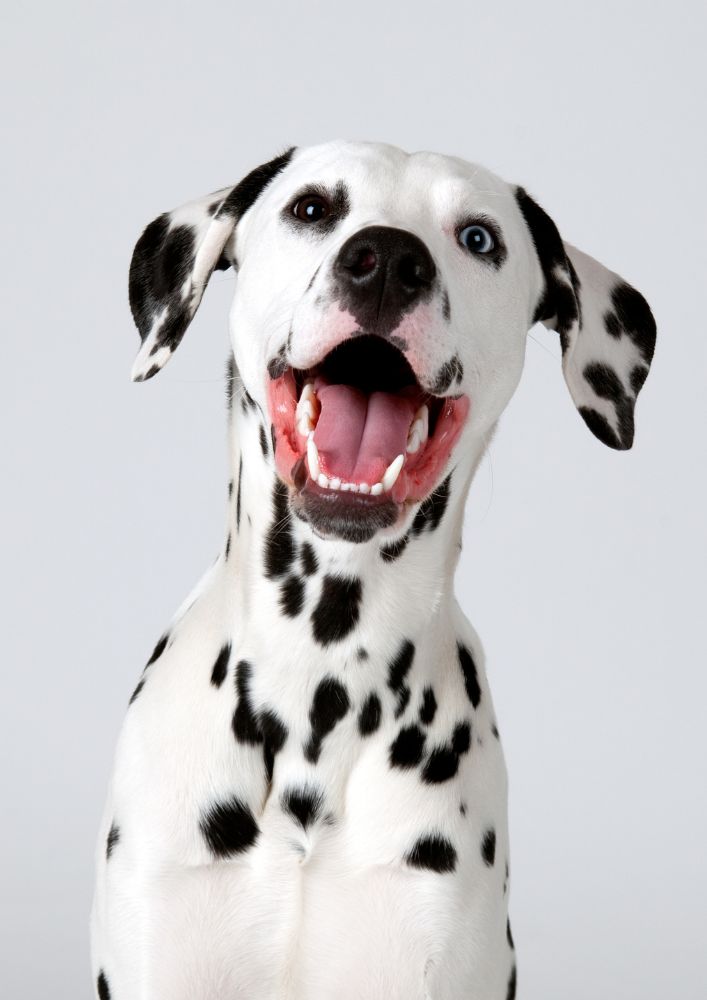
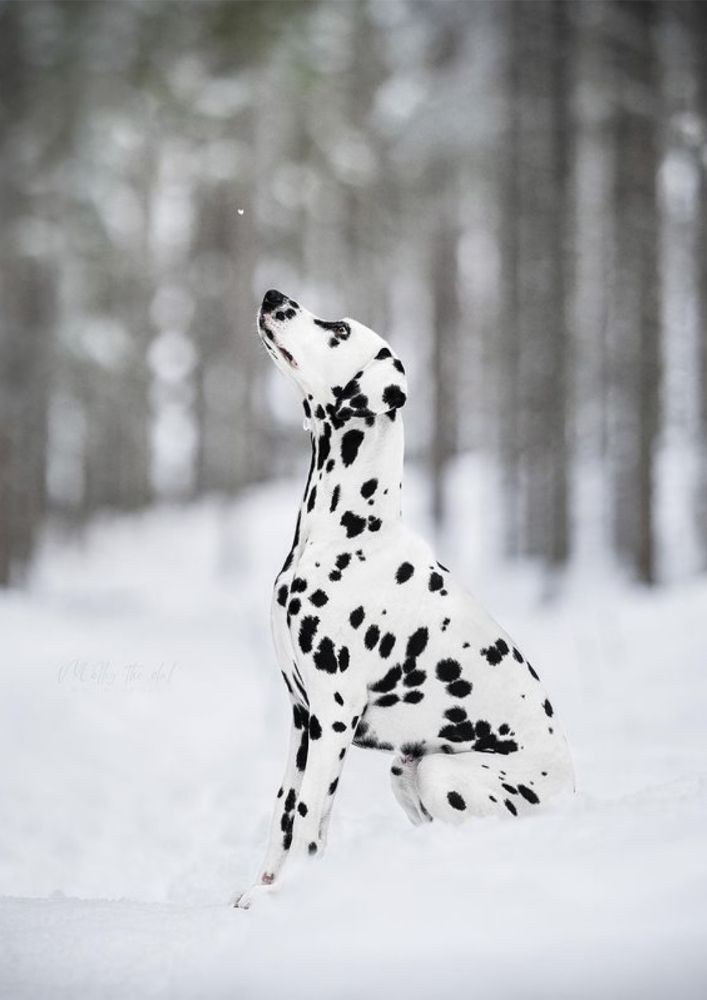
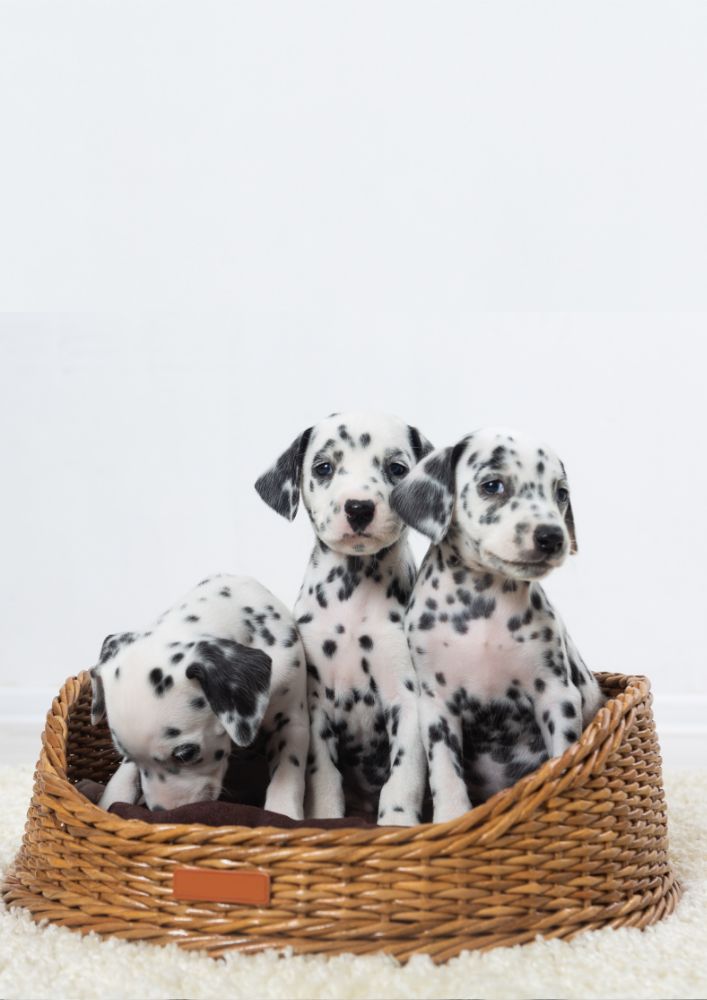
Quick Facts
- Size: Medium
- Lifespan: 10-15 years
- Group: Non-Sporting

